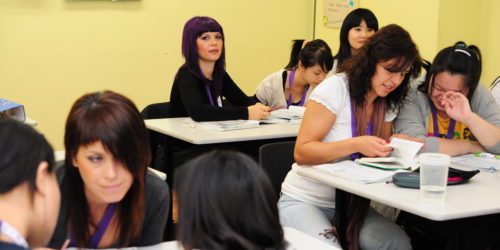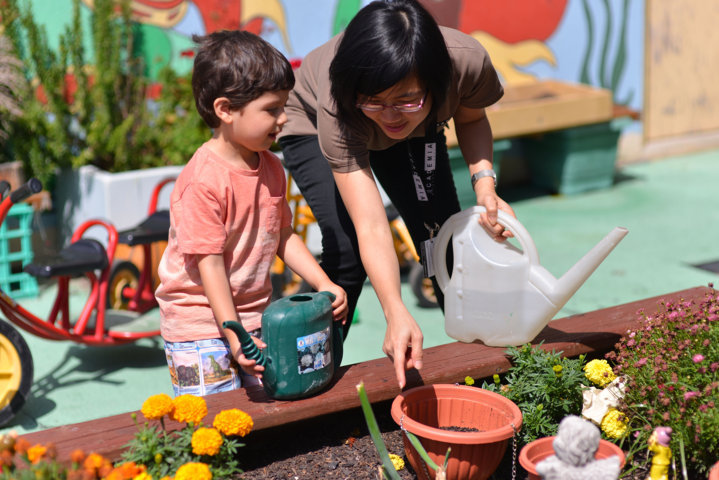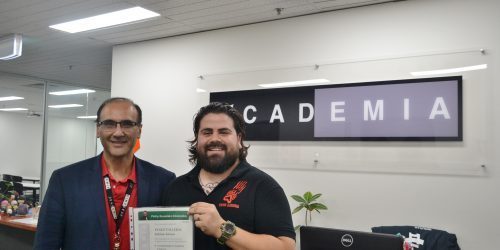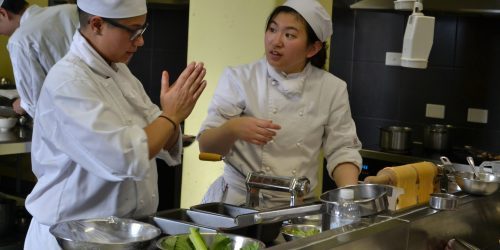Studying childcare? Find out how you could impact kids’ learning!
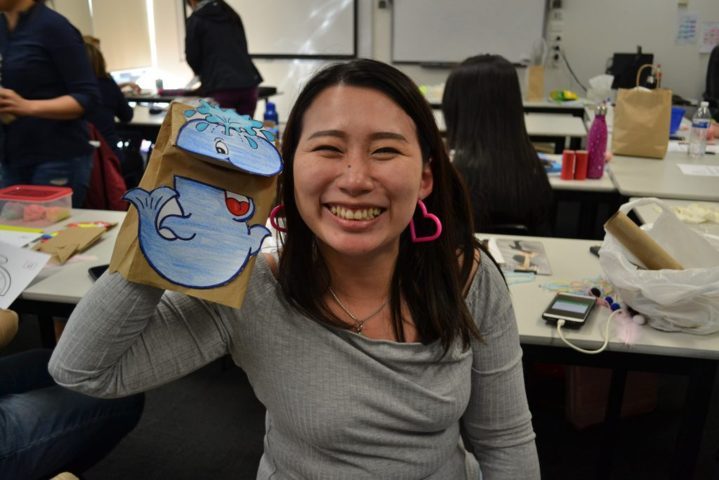
Many past graduates who’ve completed our childcare courses in Melbourne and Brisbane talk about how rewarding they find their career in childcare.
In particular, they mention the satisfaction that comes from positively influencing a young child’s development and learning.
Many have the (false) idea that working in childcare is akin to being a glorified babysitter. However, the fact of the matter is that childcare workers are highly trained professionals. They play a crucial role in a child’s physical and cognitive development.
In particular, they play a huge role in a child’s early learning!
Young brains are best equipped to retain new information when they are young. This is because the brain is especially elastic during this stage – it’s more malleable and there are fewer formed neural pathways that have been learned.
Essentially, young brains are a blank slate, making it much easier to create new pathways and develop knowledge.
However, it can be hard to take full advantage of that ability to learn – as we all know, younger children can find it hard to focus on one thing!
And that’s why we’ve decided to put together this blog together to help you discover new ways and techniques to assist learning and keep kids interested so that they can learn and grow!
Keep the learning fun and kids will want to do it for longer
When we say the word “learn”, chances are textbooks and homework assignments come to mind.
While that may work with older kids, with young kids, it’s a no-go. The truth is that almost all young kids learn through play.
As such, your lessons should take the form of play sessions!
So, whatever you are trying to teach your kids, make it interactive and make it fun – as any parent knows, young kids have notoriously short attention spans!
On top of teaching literacy and numeracy, these games can also help develop important social skills and problem solving skills as well.
Activities for literacy
While most kids aren’t ready to learn how to read while they’re at childcare age, they are old enough to become familiar with the alphabet.
With the right activities, you can expand their vocabulary and build a stronger understanding of the way language works, preparing them for school.
According to some research, taking steps to familiarise children with written language from an early age such as storytime give children a head-start, and directly translate to improved reading and cognitive skills later in life.
Looking to shake things up? Some other ways you can improve literacy (asides from storytime) include activities like:
- Letter recognition games
- Singing rhyming songs
- Alphabet story game
- Finish the sentence games
Not only are each of these activities plain fun, but they can also form the foundation of further learning.
Numeracy games
As they say, the three Rs – reading, writing and arithmetic – are the most crucial skills that should be focused on during a child’s education.
We’ve covered the first two – but what about the third?
Some games you can use to improve a child’s arithmetic skills include:
- Songs that involve counting
- Number sorting games
- Geometry exercises, including shape games
- Pattern-making activities
- Measurement activities, like filling bottles
- Dividing objects into equal shares
While not all of these activities involve numbers (probably a good idea, as that might be a bit too much new information at once), it teaches children fundamental concepts that lay the bedrock for their numeracy skills.
For example, pattern-sorting activities activate the same part of the brain that will later be used for identifying number patterns in maths!
Our childcare courses teach you… to teach your kids!
As we all know, young children need time to develop both physically and mentally. In many cases, a child’s brain simply isn’t ready for numbers and letters just yet.
One leading theory is Piaget’s theory of cognitive development, which proposes that literacy and numeracy develop slowly between 2 and 7 years of age.
Trying to teach reading and writing too early can be ineffective, and even counterproductive in some cases – as they say, you need to learn how to walk before you can learn how to run.
In addition to giving you hands-on skills in workshops that replicate real-world situations and a lengthy work placement, our childcare courses in Melbourne also contain theory components that cover the fundamentals of childhood development.
That includes learning what stage your children are at, what they’re capable of processing at that stage and the best approaches towards teaching.
With this theoretical knowledge, you will be able to determine what sorts of techniques are most effective for learning at that stage of development.
Looking for a childcare course in Brisbane or Melbourne?
Childcare is one of the most rewarding careers out there. If you’re looking to break into that industry, look no further than Academia!
Since early childhood education is so important, you’ll need to have a solid qualification behind you.
When you decide to study with us we will have you gain a sound understanding of the following, as well as practical ways you can promote them:
- The way children develop
- Techniques for learning
- How you can facilitate physical and cognitive development
- Social development
Additionally, you’ll also learn about basic first aid, allergy awareness and how to cater for dietary and nutrition requirements.
At Academia we offer both the Certificate III in Early Childhood Education and Care, as well as the Diploma of Early Childhood Education and Care depending on what stage of your career you’re at.
Want to find out more about our childcare courses in Melbourne and Brisbane? Get in touch with our course advisors using the phone numbers below:

